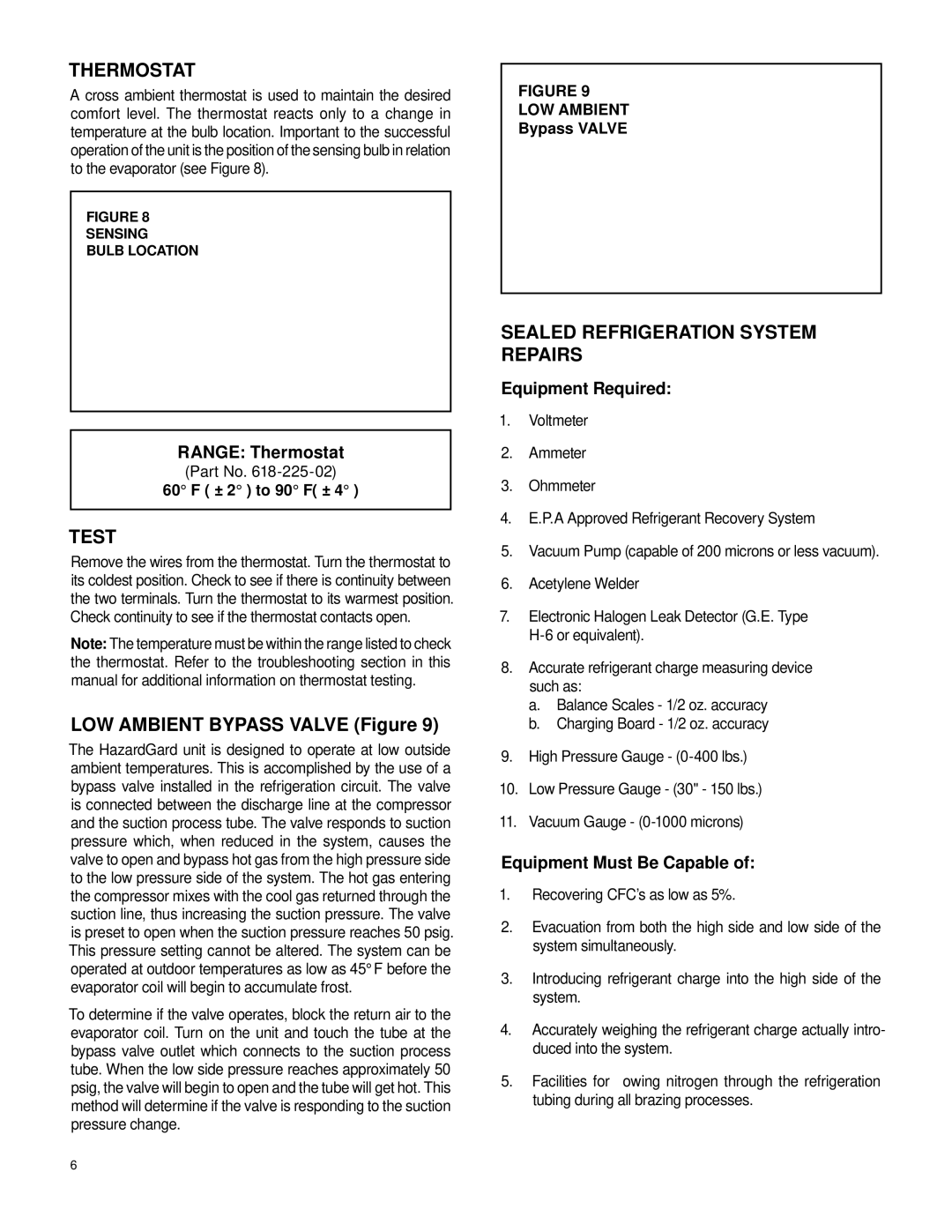SH15L30-B, SH20L30-B specifications
The Friedrich SH20L30-B and SH15L30-B are cutting-edge HVAC systems designed to provide superior climate control for residential and commercial applications. These models are engineered with the latest technologies to ensure efficient operation, reliability, and convenience.The SH20L30-B model boasts a significant cooling capacity of 20,000 BTU, making it an ideal choice for larger spaces. In contrast, the SH15L30-B has a cooling capacity of 15,000 BTU, suitable for medium-sized areas. Both units are designed with energy efficiency in mind, featuring advanced inverter technology that optimizes power consumption while maintaining consistent temperature control.
One of the standout features of these models is their multi-stage filtration system. This system effectively removes dust, allergens, and other particulates from the air, promoting a healthier indoor environment. The units are equipped with a washable pre-filter and an activated carbon filter that enhances air quality by reducing odors and harmful volatile organic compounds (VOCs).
Both the SH20L30-B and SH15L30-B are equipped with smart technology capabilities, allowing users to control the systems via mobile applications. This feature provides convenience for users who want to adjust the settings remotely, monitor energy usage, and receive maintenance notifications. Additionally, these models are compatible with popular voice control systems, integrating seamlessly into modern smart home setups.
Noise reduction technology is another key characteristic of the Friedrich SH series. Both units operate at whisper-quiet levels, ensuring minimal disturbance even during peak operation. This makes them suitable for various environments, including bedrooms, offices, and other quiet spaces.
Durability and reliability are priorities in the design of the SH20L30-B and SH15L30-B. Featuring robust construction materials and advanced engineering, these systems are built to withstand the rigors of everyday use. The corrosion-resistant components contribute to their long lifespan, ensuring that users can rely on them for years to come.
In conclusion, the Friedrich SH20L30-B and SH15L30-B combine powerful performance with innovative technologies. Their energy efficiency, advanced filtration system, smart technology integration, and quiet operation make them an excellent choice for anyone seeking effective climate control solutions. Whether for residential or commercial use, these units demonstrate Friedrich's commitment to delivering high-quality, dependable HVAC solutions.

